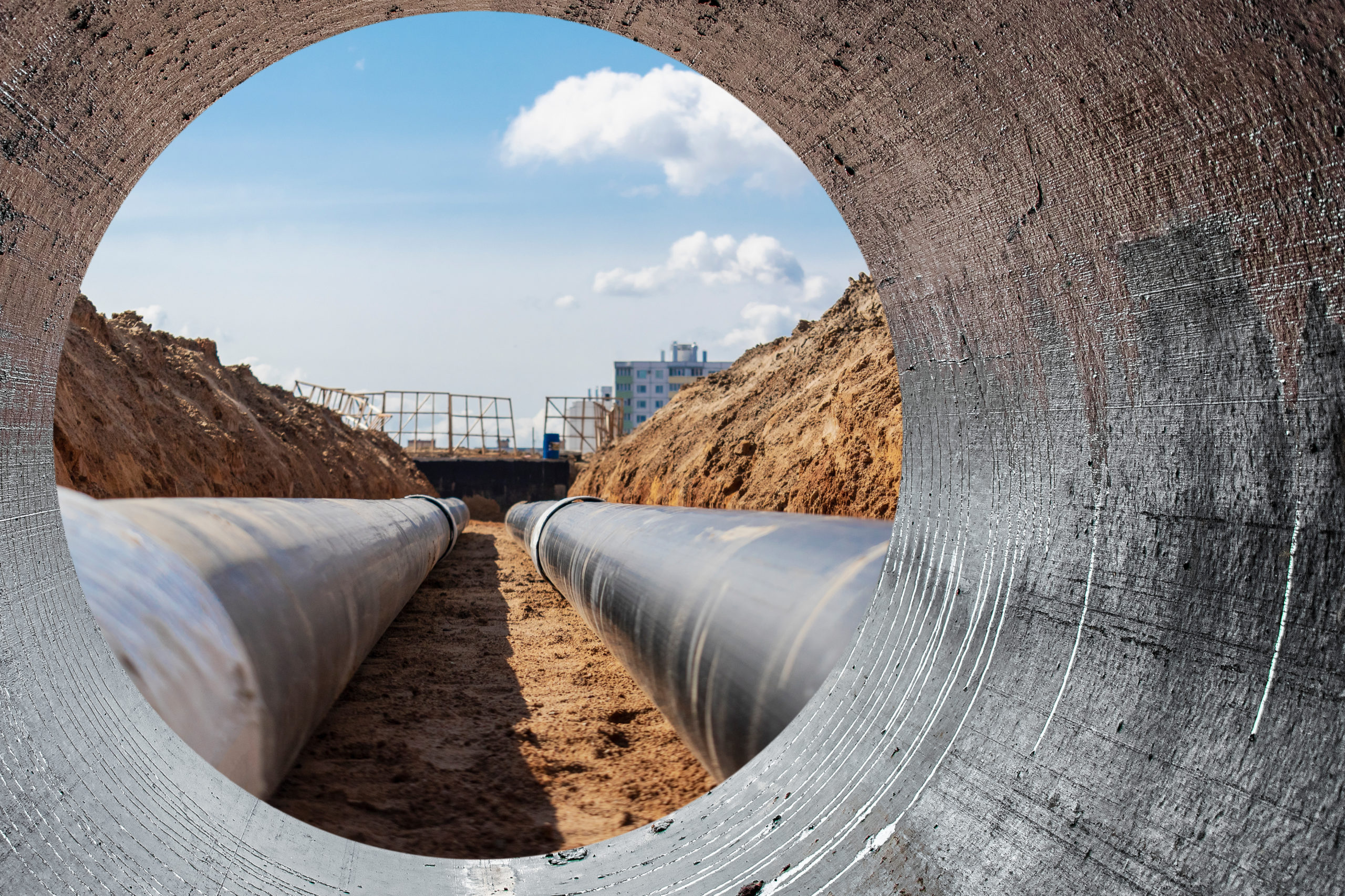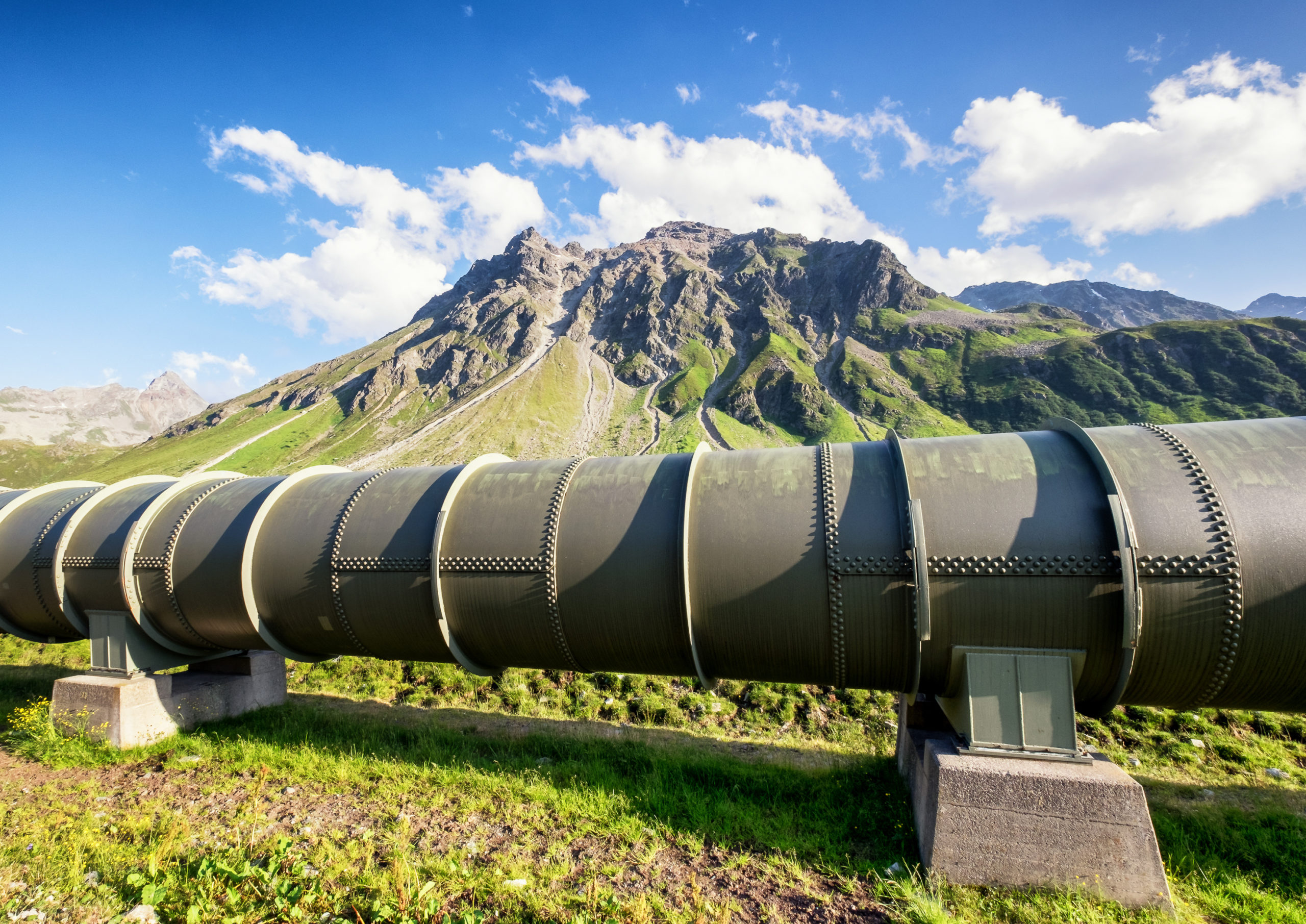Have you thought about how natural gas reaches your home? Of all the ways to deliver energy, pipelines are the safest method according to the U.S. Department of Transportation. Today, there are 300,000 miles of natural gas transmission pipelines that power 68.6 million households and 5.4 million businesses. Though pipelines operate underground, companies employ a number of different monitoring and inspection methods that keep pipelines safe for communities and the environment.
Pipeline companies monitor their operations around the clock using the Supervisory Control and Data Acquisition (SCADA) computer system. SCADA provides companies with real-time data about the pipeline, as well as the ability, in some cases, to shut down portions of the pipeline in the event of an emergency. SCADA systems are completely separate from the pipeline company’s business network and cannot be affected by cyberattacks on company employee computers.
Maintaining the structural integrity of the pipeline plays a critical role in safety. Nearly all transmission pipelines are made from high-quality, thick-walled steel. But like any steel, it can be susceptible to corrosion if exposed to water or other corrosive materials in the soil. This is where cathodic protection comes in. Cathodic protection is added to the pipeline during construction to help prevent corrosion by continuously running a direct electric current through the line.
“Smart pigs” are sent through the line to inspect the inside of a pipeline. Named for the the squealing sound the original devices made, smart pigs are robotic devices inserted into the pipeline and pushed along by the flow of its gas to to record irregularities such as dents, corrosion and cracks. These devices diagnose pipeline issues before they become a problem so companies can make adjustments and repairs. The pipeline regulator, the Pipeline and Hazardous Materials Administration, requires regular internal inspection of pipelines using smart pigs or other methods in highly populated areas.
The SCADA system, cathodic protection and smart pigs are a few of the many methods used by companies as part of their pipeline integrity management programs. These efforts have sharply reduced the number of leaks, and continue to ensure that pipelines remain the safest method to transport natural gas.







